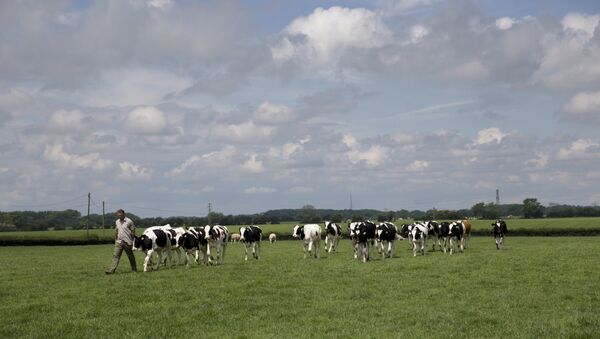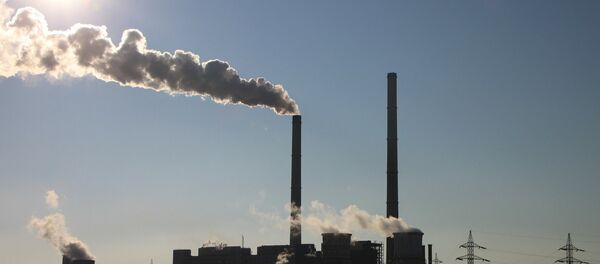According to a new analysis published in the journal Science by researchers at the University of Oxford, cutting meat and dairy consumption will reduce global farmland use by over 75 percent. The use of wildland for agriculture is one of the main causes of mass wildlife extinction. In addition, removing meat and dairy products from a person's diet is measured to decrease an individual's carbon footprint by up to 73 percent.
The findings note that current global meat and dairy production contribute to some 60 percent of global greenhouse gas emissions.
According to lead author Joseph Poore, "A vegan diet is probably the single biggest way to reduce your impact on planet Earth, not just greenhouse gases, but global acidification, eutrophication, land use and water use."
"It is far bigger than cutting down on your flights or buying an electric car," Poore detailed, which would only reduce greenhouse gas emissions.
"Avoiding consumption of animal products delivers far better environmental benefits than trying to purchase sustainable meat and dairy," he added.
The findings note that beef cattle raised on deforested land produce 12 times the greenhouses gas and use 50 times more land than animals raised on natural pasture land.
"Converting grass into [meat] is like converting coal to energy. It comes with an immense cost in emissions," Poore said.
Even freshwater fish farming, which is how 97 percent of fish in Europe ae farmed, was found to contribute greatly to greenhouse gas production.
"You get all these fish depositing excreta and unconsumed feed down to the bottom of the pond, where there is barely any oxygen, making it the perfect environment for methane production," Poore noted.
The research has received praise from across the scientific spectrum.
"This is an immensely useful study. It brings together a huge amount of data and that makes its conclusions much more robust. The way we produce food, consume and waste food is unsustainable from a planetary perspective. Given the global obesity crisis, changing diets — eating less livestock produce and more vegetables and fruit — has the potential to make both us and the planet healthier," Professor Tim Benton at the University of Leeds told the Guardian.
Dr. Peter Alexander at the University of Edinburgh noted the "environmental benefits, eg for biodiversity, from sustainably managed grazing and increasing animal product consumption […] improve nutrition for some of the poorest globally. My personal opinion is we should interpret these results not as the need to become vegan overnight, but rather to moderate our [meat] consumption."
"I was awestruck. It is really important, sound, ambitious, revealing and beautifully done," Professor Gidon Eshel at Bard College said of the study.




